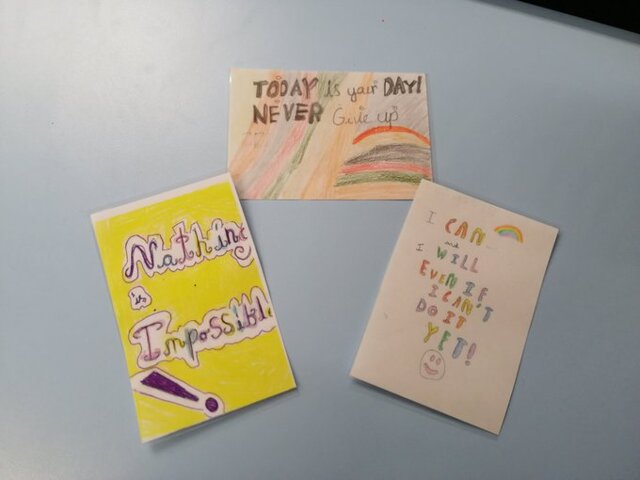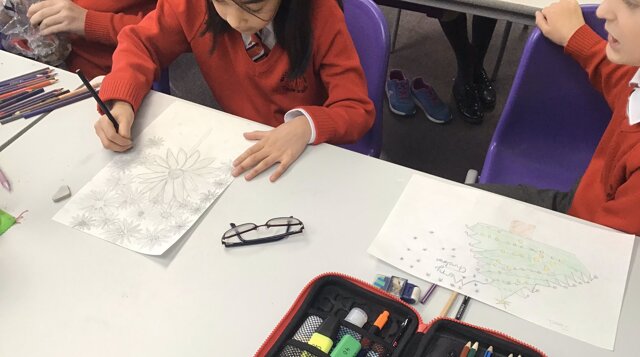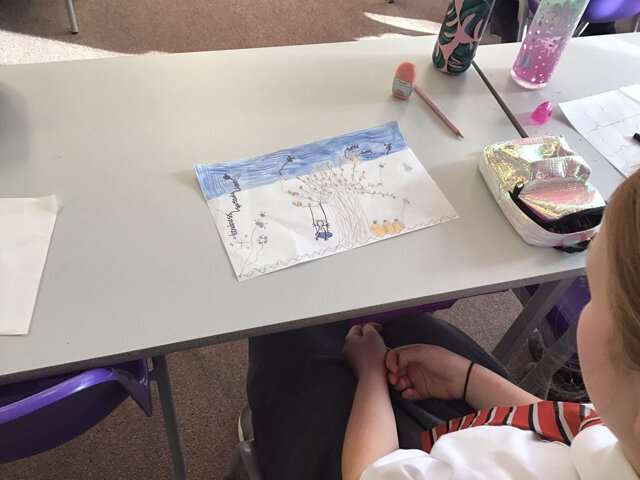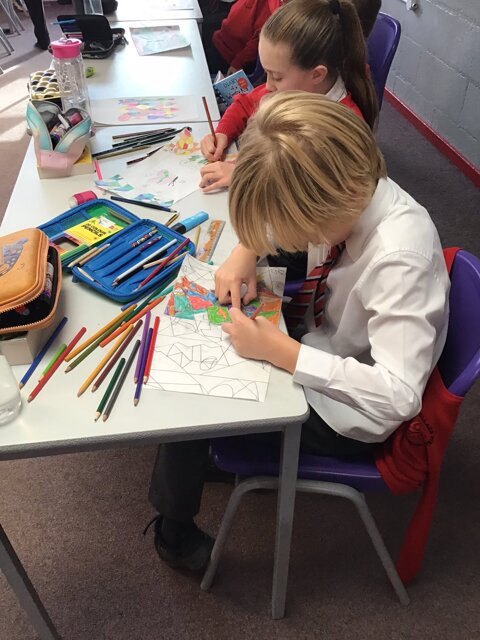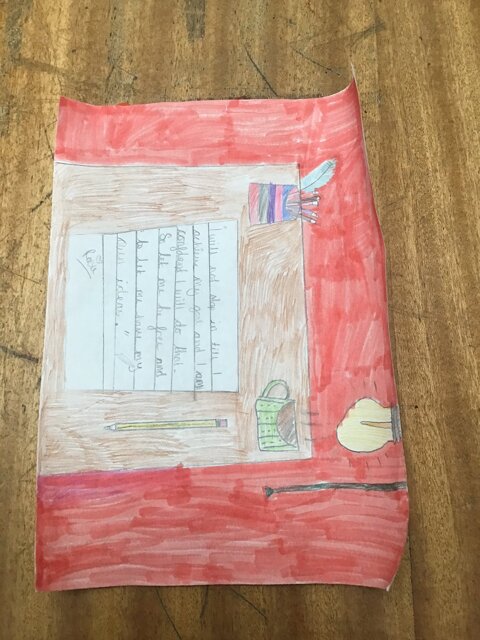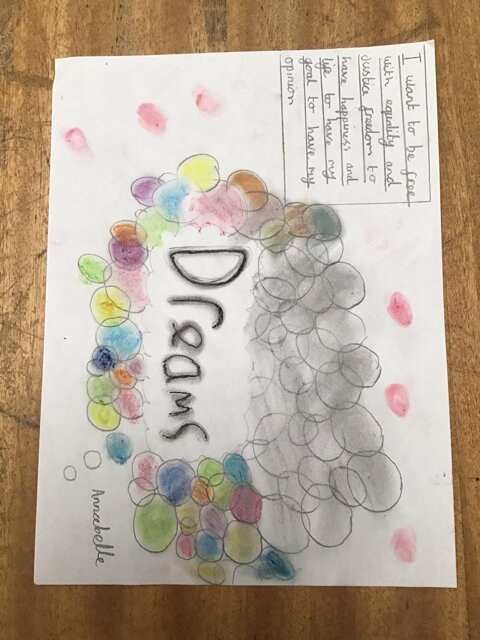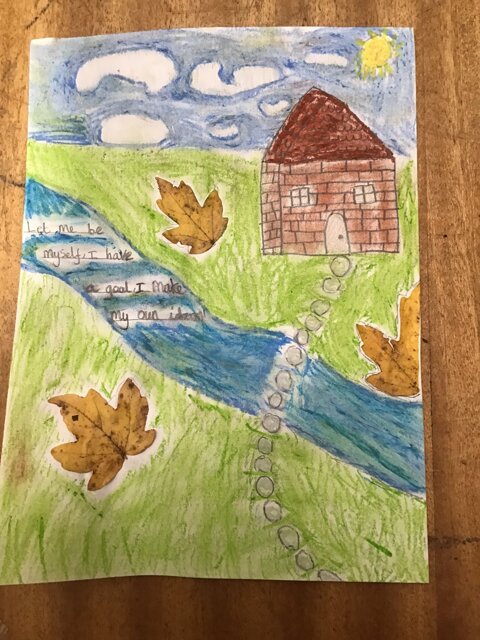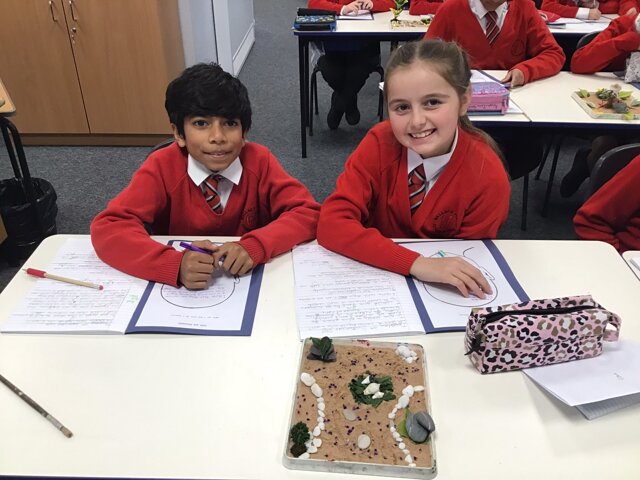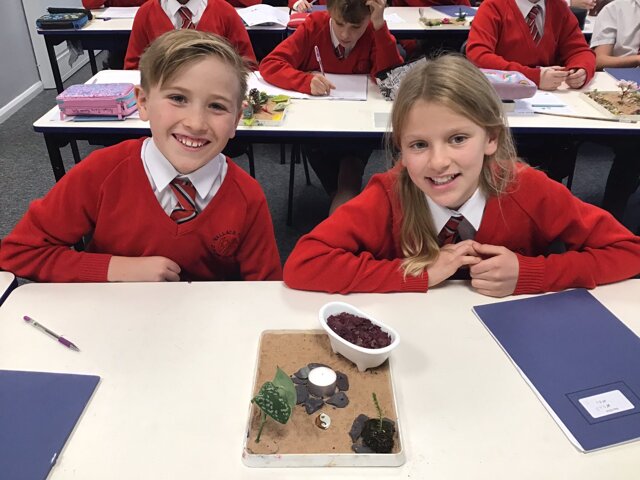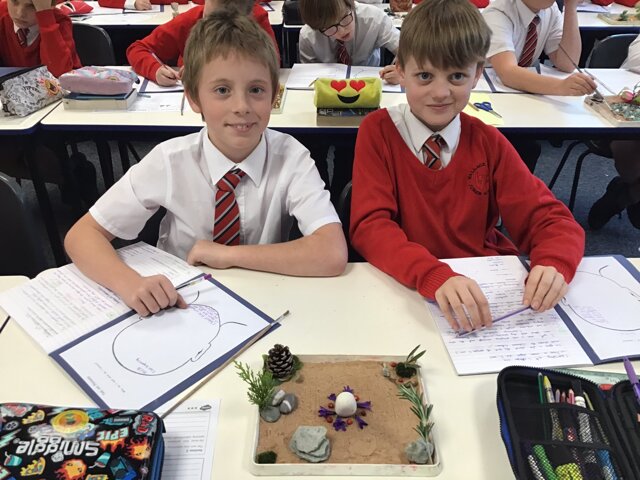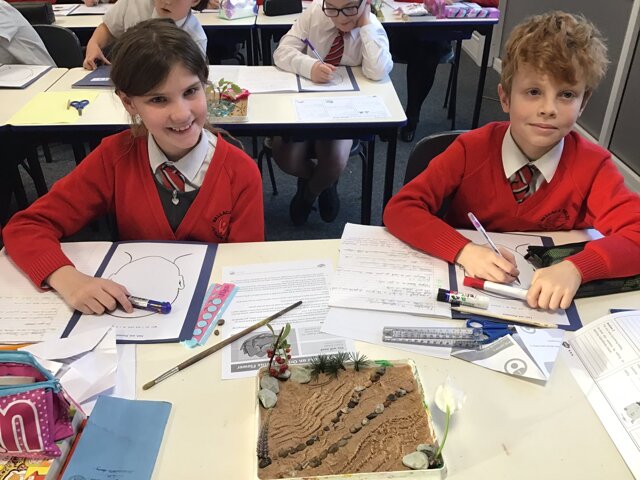Life Lessons
Personal Social Health and Economic (PSHE) Education and
Relationship and Sex Education (RSE)
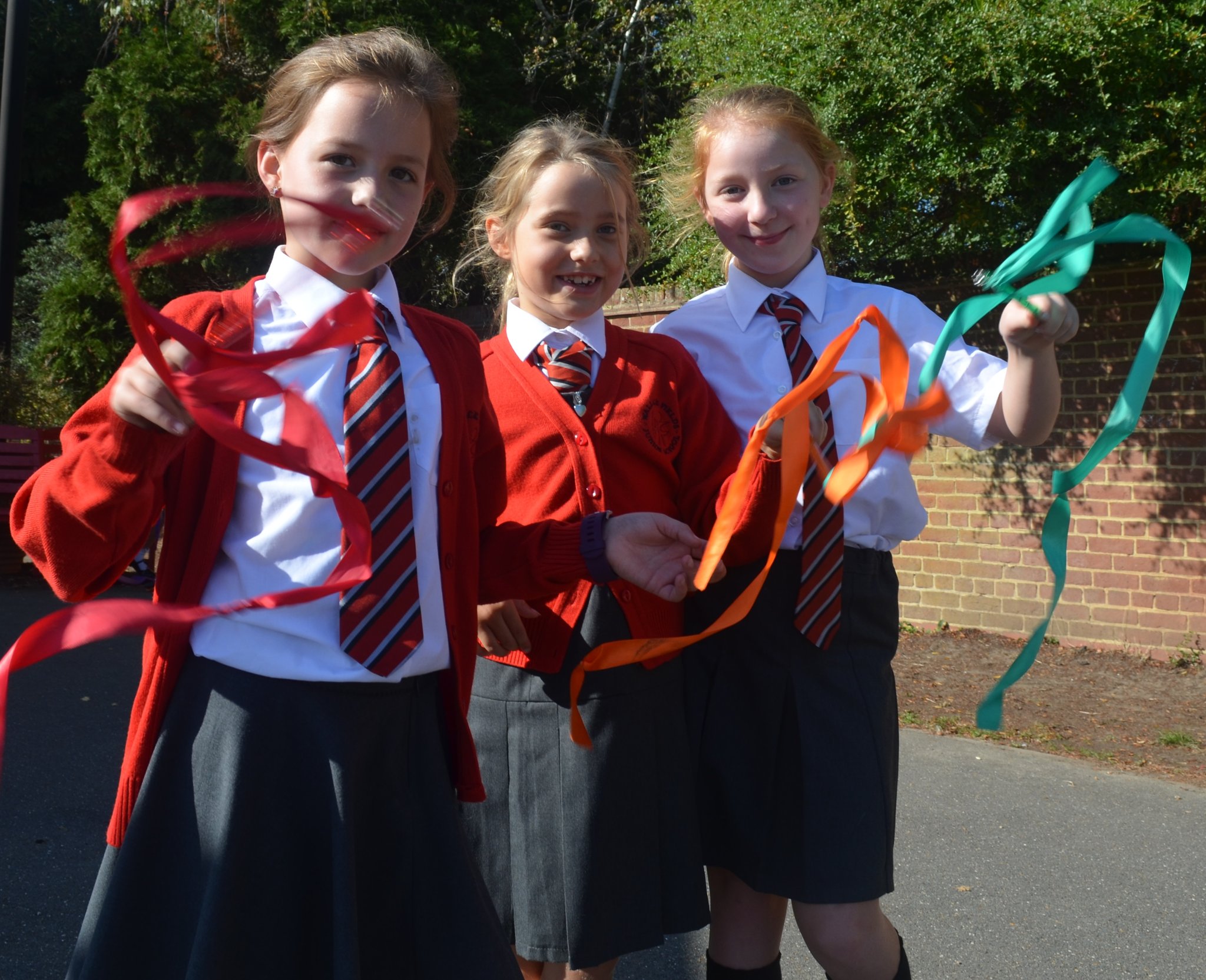
Life Lessons (PSHE) at Wallace Fields Junior School
We teach Life Lessons (Personal Social Health and Economic Education) every week. Life Lessons is a thoroughly planned, developmental programme of learning through which children and young people acquire the knowledge, understanding and skills they need to manage their lives now and in the future. The learning should equip pupils with the knowledge, understanding, skills and strategies required to live healthy, safe, productive, capable, responsible and balanced lives. It also encourages children to be enterprising and supports them in making effective transitions, positive learning and career choices and in achieving economic wellbeing.
A critical component of Life Lessons is allowing opportunities for children to reflect on and clarify their own values and attitudes and explore the complex and sometimes conflicting range of values and attitudes they encounter now and in the future.
Life Lessons contributes to personal development by helping pupils to build their confidence, resilience and self-esteem, and to identify and manage risk, make informed choices and understand what influences their decisions. It enables them to recognise, accept and shape their identities, to understand and accommodate differences and change, to manage emotions and to communicate constructively in a variety of settings.
It should also help children in developing an understanding of themselves, empathy and the ability to work with others will help pupils to form and maintain good relationships, develop the essentials for future employability and better enjoy and manage their lives.
Please see the curriculum map and policy below:
PSHE Curriculum Map
Personal Social Health and Economic (PSHE) Education Policy
Relationship and Sex Education (RSE)
RSE stands for “Relationships and Sex Education” and is part of the Relationships and Health Education strands of PSHE. The Relationships Education, RSE, and Health Education (England) Regulations 2019 have made Relationships Education compulsory in all primary schools. Sex education is not compulsory in primary schools but some elements are covered in the statutory Science and Health curriculums Relationships and Health Education comprises two distinct areas: Relationships and Physical health, and mental wellbeing. After consultations with parents and our school community, including the children, we do teach Sex Education and information will be sent out in the Summer Term about what will be covered in each year group.
Relationship and Sex Education Policy
Life Lessons Curriculum: What is our intent?
Life Lessons (PSHE) at Wallace Fields is designed and created with the intention of encouraging each child to leave KS2:
- Equipped for life in a diverse and inclusive British society.
- As secure and happy people who are able to express themselves, their emotions and their beliefs
- To understand and respond to the beliefs, expressions and lifestyles of others.
- It is designed to encourage children to be able to live a healthy, responsible lives.
- Being able to form healthy, equal and loving and consenting relationships throughout their life stages.
- To know when and how to seek support for anything that is making them feel unsafe, worried or sad.
Our curriculum has been updated frequently with support of the school community and importantly, through the voices of the children. The statutory guidance: ‘Relationships Education, Relationships and Sex Education (RSE) and Health Education Statutory guidance for governing bodies, proprietors, head teachers, principals, senior leadership teams, teachers ‘, echoes the beliefs at Wallace Fields Juniors ‘Today’s children and young people are growing up in an increasingly complex world and living their lives seamlessly on and offline. This presents many positive and exciting opportunities, but also challenges and risks. In this environment, children and young people need to know how to be safe and healthy, and how to manage their academic, personal and social lives in a positive way’. We therefore have a curriculum which aims to support children in navigating their way through each stage of development and to give them a solid foundation to have positive, happy and healthy adult lives.
How do we implement this?
We use the PSHE association and the statutory guidance published in 2019 to deliver a curriculum which builds as the children move through the school.1[1]
We have sought parental feedback on any proposed changes and the feedback has been overwhelmingly supportive. We teach Life Lessons (PSHE) in four strands and over themes covered in assembly topics, Newsround, current affairs and discussions that the children bring up.
|
Relationships |
Health: Physical and mental wellbeing |
The Wider World (citizenship) |
Sex Education (part of relationships but separated here for clarity) Each year group will send more specific information about this nearer to the time |
Themes for all year groups. |
These topics are taught in a child appropriate manner and using appropriate resources. All materials for Sex Education can be viewed and discussed by parents/carers prior to the lessons and are inclusive to all family situations under the Equality Act of 2000.
What impact has our curriculum had?
The Life Lessons (PSHE) curriculum at WFJS has had a direct impact on helping children understand other people and how they behave and act. The children have positive relationships with their peers and the adults within the school. Children feel like they can talk to staff and have expressed positivity and enthusiasm towards the curriculum.
Overall, the curriculum at WFJS meets it aims of helping support children to navigate through their childhood, teens and adulthood. An ex-pupil who revisited the school even told staff that they felt their safest and their truest self at Wallace Fields Junior School. The school has such a warm, welcoming and understanding natures at its core, that even past pupils come back to work when they are older. The curriculum supports the children in our care to develop as a person and this was mentioned in our recent OFSTED report. 'They (pupils) talk enthusiastically about the well-being provision, and about opportunities to become good citizens who contribute within and beyond the school.' ' Pupils value the way everyone is welcomed and included at Wallace Fields Junior School. The school’s ‘believe’ values underpin every aspect of school life and are exemplified by all pupils.' . ' Leaders prepare pupils well for life in modern Britain. For example, character development is thoughtfully linked to personal, social and health education lessons, well-being initiatives and assemblies. In addition to the embedded ‘believe’ values, pupils are taught to become confident and independent learners. High-quality pastoral support is helping pupils to develop healthy minds, discuss their feelings and consider how to keep themselves healthier. Pupils value special events, such as diversity days. These opportunities encourage mature debate, with views, beliefs and opinions that may differ from their own.'
How do we teach Life Lessons (PSHE) for those with Special Educational Needs?
We teach Life Lessons (PSHE/RSE) to all children, whatever their ability. Life Lessons form part of the school curriculum policy to provide a broad and balanced education for all children. We provide learning opportunities that are matched to the needs of children with learning difficulties. Children are often pre-taught vocabulary, are taught using pictures, videos and kinaesthetic activities to ensure all children are able to access and progress in the concepts and skills taught in Life Lessons. Before Sex Education in the upper school, children are supported by have smaller lessons and through communication with our parent community so they can further support at home. We ensure all lessons are broken down into steps and vocabulary is highlighted on the board and resources so that children can recognise the words they have been taught previously. We are mindful of cognitive load, and therefore also keep all resources clear and manageable to follow. Practical resources are also provided where necessary and appropriate.
National Curriculum
To find out more about the national curriculum for PSHE in Key Stage 2 that the school is following click here.

